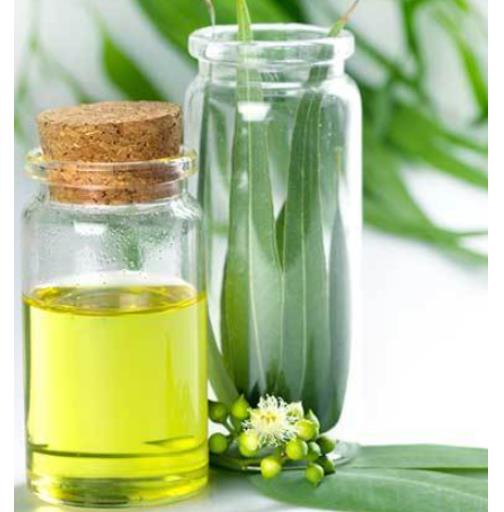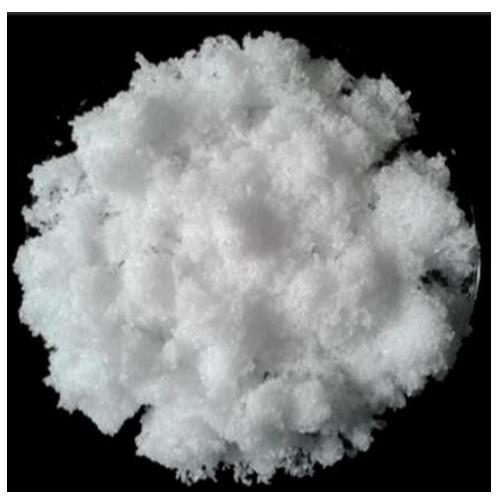Eucalyptus Oil: A Comprehensive Overview of Its Properties, Composition, and Applications
Introduction
Eucalyptus oil, extracted from the leaves of the Eucalyptus tree—a predominant species native to Australia—has risen to prominence as a crucial component in diverse chemical applications, attributable to its distinctive properties and chemical composition. This essential oil is not only pivotal in the realm of traditional and alternative medicine but also holds significant importance in industrial sectors ranging from pharmaceuticals to personal care products. The increasing global demand for natural and sustainable products further elevates its status in the international market. As the industry continues to explore and harness the potential of this versatile oil, understanding its foundational characteristics becomes imperative for professionals in the chemical field.

Figure 1 Characteristics of Eucalyptus Oil
Properties of Eucalyptus Oil
Eucalyptus oil is renowned for its robust and refreshing scent, attributable to its high cineole content, which is also referred to as eucalyptol. The oil exhibits a colorless to pale yellow appearance and possesses a distinctive, sharp, and cooling aroma. It is volatile, exhibiting strong antiseptic properties, and is largely insoluble in water but mixes well with organic solvents such as ethanol.
In terms of its physical properties, eucalyptus oil has a boiling point that typically ranges from 160 to 180 degrees Celsius, depending on its cineole concentration. It also demonstrates remarkable stability, maintaining its integrity when stored properly, away from direct sunlight, and in a cool, dry environment.
Main Components
The primary constituent of eucalyptus oil is 1,8-cineole, accounting for 70-90% of its composition. This compound is known for its antimicrobial and anti-inflammatory properties, making the oil a valuable ingredient in pharmaceutical formulations. Other minor but significant components include α-pinene, β-pinene, and limonene, which contribute to the oil’s therapeutic and aromatic profile.
The chemical structure of 1,8-cineole, characterized by its cyclic ether containing a three-atom ring, makes it highly effective in crossing biological barriers, which is beneficial for both medicinal and industrial applications.
Uses of Eucalyptus Oil
Eucalyptus oil finds extensive use in various sectors including, but not limited to, pharmaceuticals, aromatherapy, and personal care products. In the pharmaceutical industry, it is employed as a key ingredient in cough syrups, lozenges, and ointments due to its expectorant properties and efficacy in relieving symptoms of respiratory ailments such as bronchitis and sinusitis. Its cooling effect also makes it a popular component in muscle pain relief creams and rheumatism rubs, providing soothing relief.
In aromatherapy, eucalyptus oil is used to enhance relaxation and alleviate stress. Its invigorating scent is believed to help clear the mind and boost mental clarity, making it a favorite in therapeutic practices and meditation sessions. In the realm of personal care, it is added to products such as soaps, shampoos, and dental hygiene products for its antimicrobial properties and refreshing fragrance, enhancing the overall sensory experience and contributing to hygiene and health.
Storage Methods
Storing eucalyptus oil correctly is crucial to preserving its efficacy and longevity. The oil should be kept in airtight containers made of materials that do not react with its components, such as dark glass or aluminum. These containers should be stored in cool, dark places to prevent degradation from heat and light exposure. It is also important to ensure that the oil is stored away from sources of ignition, as it is highly flammable.
The recommended storage temperature for eucalyptus oil is between 5 and 25 degrees Celsius. Maintaining an optimal temperature helps in minimizing the evaporation and oxidation of the oil, thus extending its shelf life.
Conclusion
Eucalyptus oil, with its potent antimicrobial and anti-inflammatory properties, serves a multifaceted role in today’s chemical landscape. Understanding its properties, composition, and proper storage methods is essential for maximizing its benefits in various applications. For professionals in the chemical industry, eucalyptus oil offers numerous opportunities for both research and practical applications, making it a valuable and versatile component in a wide array of products.
![Article illustration]() References
References
[1]Sadlon, Angela E., and Davis W. Lamson. "Immune-modifying and antimicrobial effects of Eucalyptus oil and simple inhalation devices."Alternative medicine review15.1 (2010): 33-43.
[2]Batish, Daizy R., et al. "Eucalyptus essential oil as a natural pesticide."Forest ecology and management256.12 (2008): 2166-2174.
See also
Lastest Price from Eucalyptus oil manufacturers

US $0.00-0.00/kg2025-06-11
- CAS:
- 8000-48-4
- Min. Order:
- 0.0001kg
- Purity:
- 99%
- Supply Ability:
- 20000000t

US $1.00/kg2025-06-02
- CAS:
- 8000-48-4
- Min. Order:
- 1kg
- Purity:
- 0.99
- Supply Ability:
- 10 tons


